Trying to Navigate Life in an AI-Driven World? The Sustainable Human is a learning experience for this unique moment.
There are moments in life when we look up from whatever you are doing and realise we’ve quietly crossed a line. The world around us has changed – not dramatically, – but gradually, imperceptibly, until the air feels different. I feel it, the culture feels it and I’m sure you feel it too. Artificial Intelligence […]
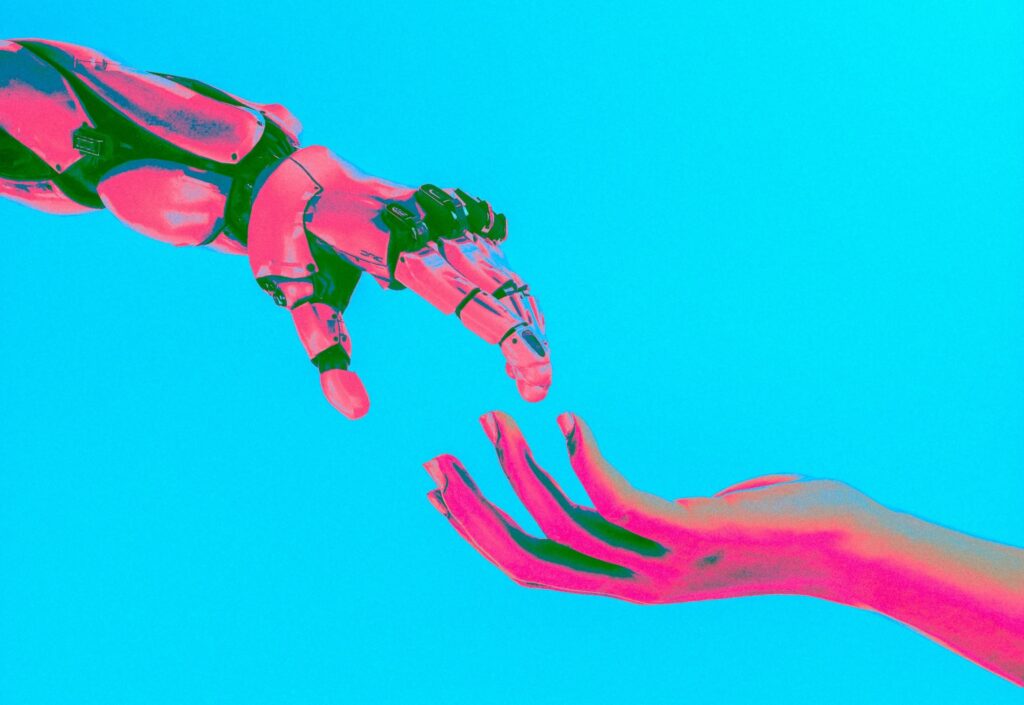
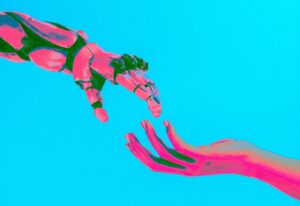
There are moments in life when we look up from whatever you are doing and realise we’ve quietly crossed a line. The world around us has changed – not dramatically, – but gradually, imperceptibly, until the air feels different. I feel it, the culture feels it and I’m sure you feel it too.
Artificial Intelligence is no longer just a tool; it’s becoming an invisible co-pilot in almost everything we do. From the moment we wake up to a phone that suggests our schedule, to the evening when an algorithm picks what we watch, AI is shaping our thoughts, choices, relationships – even our sense of self. And while this technology offers astounding potential, it also brings profound challenges to what it means to be human and what quality of life we will enjoy in years to come.
That’s why I’ve created The Sustainable Human. It’s a face-to-face training experience designed not to fight technology, but to prepare us – deeply, meaningfully – for life alongside it. This isn’t a corporate course, nor a digital detox (although you will get some guidance on how to manage your phone). It’s about learning the most timeless, essential human skills that will soon be, if we’re not careful, in dangerously short supply.
Below I’m going to outline some of the major challenges as I see them and why it will be advantageous to be proactive in this time of change.
Loneliness and Isolation – The Quiet Emergency
Loneliness is a public health crisis. In the UK, over half of citizens (57 %) have felt lonely in the past year, and threequarters worry that AI may replace human contact, deepening our sense of disconnection London Daily News.
Prolonged isolation isn’t just miserable—it’s physically and mentally damaging. Research conservatively estimates that loneliness can elevate premature mortality risk by 26 %; it also hits mental health hard: 60 % of chronically lonely people experience mental distress, compared to 15 % not suffering from loneliness Campaign to End Loneliness. Among young people, 62 % say loneliness erodes their confidence Campaign to End Loneliness.
The workplace suffers too: loneliness costs UK employers roughly £2.5 billion a year, factoring in productivity loss, sickness, turnover Campaign to End Loneliness.
This is where The Sustainable Human can make a palpable difference: teaching the skills which can connect you to people who would make your life better.

Why Trust Matters – and Why It’s Vanishing
Trust is the scaffolding of society, and it’s unravelling.
Consider AI specifically: in the UK, 73 % of people have received no education or training in AI, yet 72 % aren’t sure if online content is trustworthy, and only 42 % would trust AI at all KPMG. Meanwhile, 66 % believe government regulators don’t understand emerging tech enough to manage it, and 43 % would reject AI innovations outright over distrust UKTN.
As for Big Tech, trust is modest: only 47 % of adults have low or no trust in them—and 13 % trust them not at allOffice for National Statistics. Social media fares even worse: just 11 % believe it can benefit society with data use, only 9 % trust it to keep data safe or let users control it GOV.UK. And about 51 % believe tech giants hold too much sway over their lives, with 75 % agreeing these firms hold excessive market power TechRound.
In short: trust in technology—and those behind it—is fragile. Also trust in each other is diminishing because of the polarised lives that we inhabit. How can we fix this? Human connection, face to face, builds trust through empathy, honesty, vulnerability—not through screens or opaque algorithms.

I know that streams of stats can be overwhelming so the remaining examples with be stat free and more of a guide to some of the other key challenges facing us.
The Slow Erosion of Human Confidence
Confidence isn’t something that vanishes overnight. It fades, slowly, with every moment we defer to a machine to make a decision we used to make ourselves. Which route to take. Which news to read. Who to speak to online.
We are increasingly outsourcing our judgement, and in doing so, we risk losing the very muscles we once relied on – intuition, discernment, courage. If we can no longer trust our own choices without consulting a glowing rectangle, what happens when those systems inevitably get it wrong? Are we really going to question the all-powerful AI?
AI is already very powerful, but it’s also designed to optimise, not empathise. To streamline, not understand. When life becomes an endless series of algorithmic recommendations, we stop building the skills that comes from trial, error, and human messiness. And that, makes us more fragile.
This of course can be reversed with skills that keep us psychologically sharp and emotionally and physically connected

Dating in the Age of the Swipe
Are you looking for love? Or maybe more connection with the object of your desire? Human connection has always been complicated. But now, it’s being flattened into data. Personality becomes profile, attraction becomes a swipe, and commitment is algorithmically discouraged in favour of endless options.
Dating apps, powered by AI, are built for engagement, not fulfilment. They feed us the illusion of abundance while quietly training us to see people as commodities. The result? Many feel lonelier than ever, even with hundreds of matches at their fingertips.
What we’re losing here isn’t just romance – it’s the ability to relate. To navigate awkwardness. To build emotional resilience. To sit across from someone and actually see them. These are skills. They can be learned. And right now, they’re needed more than ever.

The Workplace Is Changing
In the corporate world, we’re witnessing a quiet revolution. AI doesn’t sleep, doesn’t need lunch breaks, and certainly doesn’t ask for a pay rise. From automated customer service to AI-driven performance tracking, the workplace is shifting fast.
But what about the skills AI can’t replicate? Human presence. Nuanced communication. Leadership that inspires, not monitors. In a world flooded with information, the ability to think critically and communicate clearly has never been more valuable – or more under threat.
As roles evolve, those who thrive won’t necessarily be the most technical (as those jobs will likely be outsourced to AI), but the most human. The ones who can read a room, resolve conflict, understand motivation, and speak with clarity. These are also the skills used by the best leaders. These skills, though often dismissed as ‘soft’, are becoming the most important according to The World Economic Forum.

The Family Unit Under Pressure
Technology was meant to bring us together, but in many homes, it’s doing the opposite. We scroll through dinner. We ‘connect’ through screens. Parents compete with devices for attention. Children learn from TikTok before they learn from us.
The impact is subtle but significant. Family life, once a place of shared stories and emotional development, is being hollowed out. We’re losing intergenerational wisdom. Conversations are shortened. Emotional nuance is flattened into emojis.
This isn’t about going backwards. It’s about becoming conscious. Families need new tools to communicate in a digital age. Skills to rebuild trust, listen properly, set boundaries, and be present. These can be taught. But first, we need to notice they’re missing.

The Collapse of Empathy and Rise of Echo Chambers
It’s easier than ever to speak. Harder than ever to listen. A lot of this is intentional because the big tech companies always put profit before their customers and have ignored repeated warning form social psychologists and policy makers.
Social media, driven by algorithms that favour outrage and certainty, has left us more polarised, more tribal, and less curious. We’re rewarded for confidence, not reflection. And in the echo chambers we increasingly inhabit, nuance is the first casualty.
AI curates our world to reflect what we already believe. It’s comforting. But it also makes genuine connection – the kind that requires us to sit with discomfort – much harder.
Empathy, like any muscle, weakens with disuse. We need to relearn how to disagree without dehumanising, how to sit with people we don’t understand, how to ask questions that open rather than close.

Surveillance, Comparison and the Death of Spontaneity
We now live under near-constant observation. Our preferences, behaviours, and even emotions are harvested, analysed, and sold. This surveillance capitalism trains us to perform rather than live, and to constantly compare ourselves to curated versions of others.
The result? A collapse in self-esteem, and a growing sense that we’re never quite good enough.
In a world obsessed with optimisation – from our sleep patterns to our productivity – we risk losing something vital: the unstructured, unmonetised, beautifully unpredictable parts of being alive.
We need space to be. Not to perform, not to compete – just to exist, in relationship with others, with ourselves, and with the world. That space must be reclaimed. Consciously. Together.

Tags
No tags assigned to this post.
You may also like
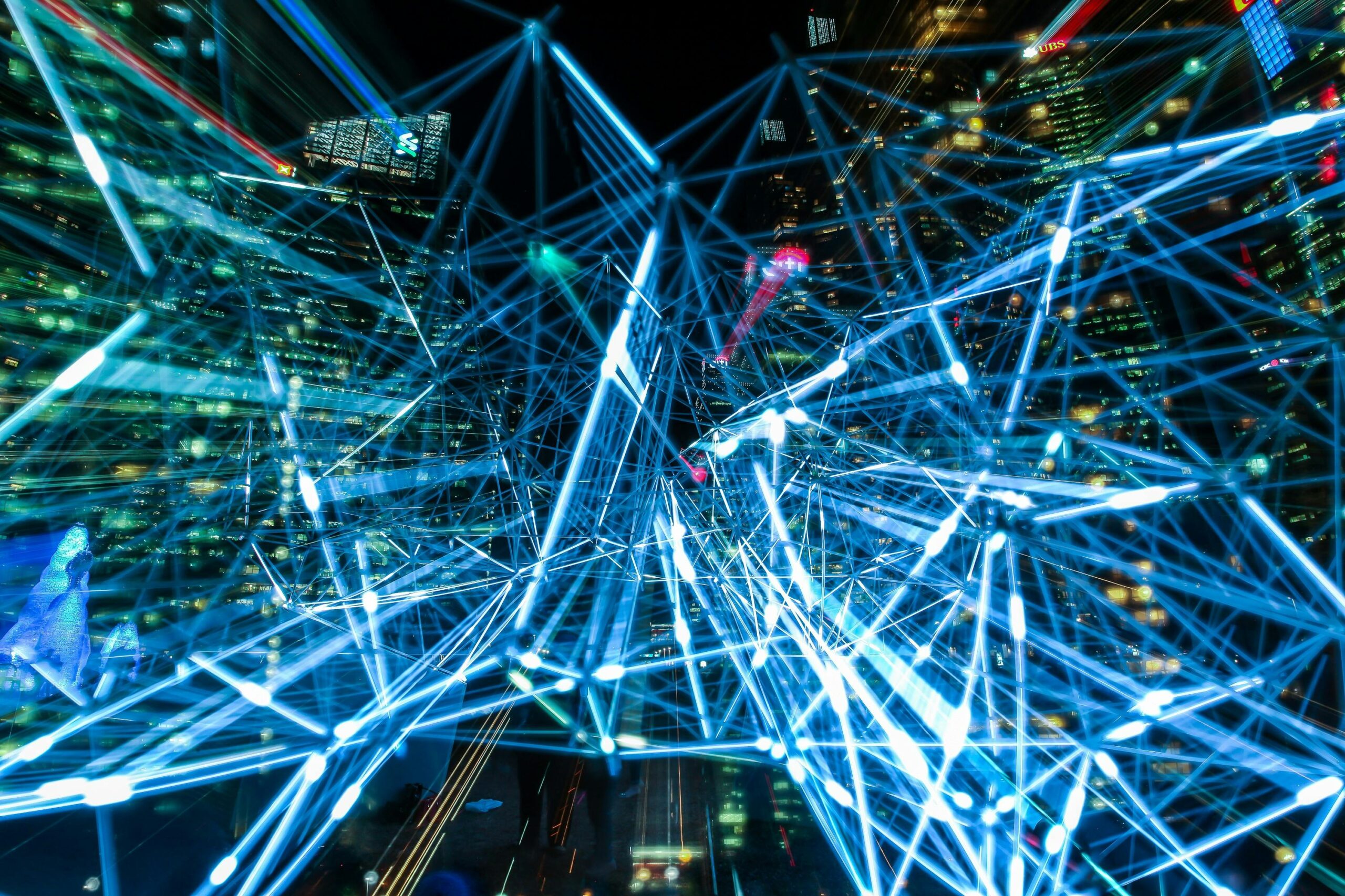
We are living in extraordinary times. The promise of artificial intelligence in particular your own AI assistant heralds a future where tasks are faster, smarter, seemingly simpler. But as someone who has spent the last 27 years trying to help humans connect with each other I find myself increasingly concerned. Because behind the shiny surface […]
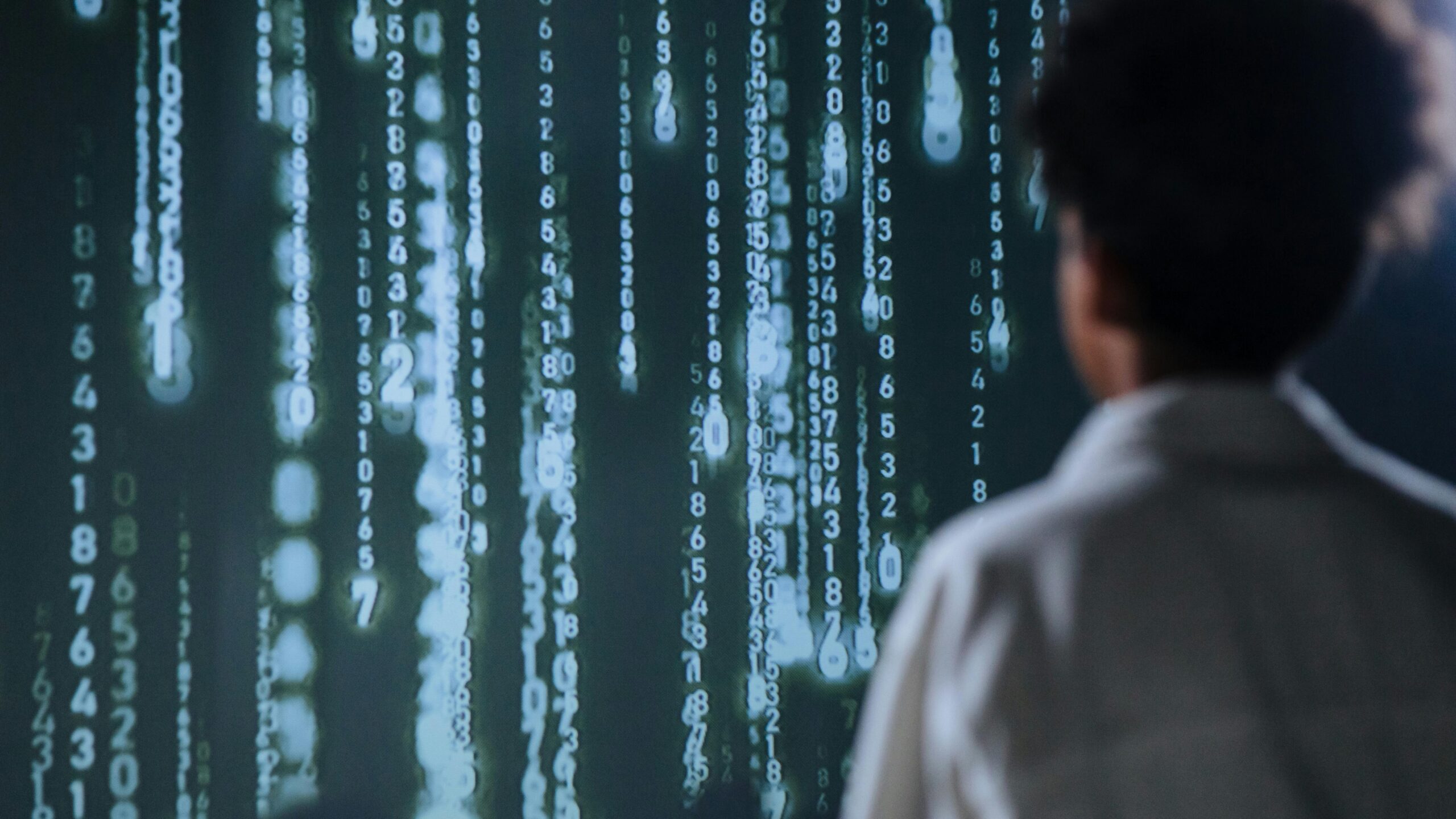
There’s a good story in every technological revolution: the promise of ease, the gleam of novelty, and if we’re honest the creeping cost that arrives almost imperceptibly. AI is that story writ large. It offers astonishing capabilities, but it also nudges us towards a subtler, more dangerous loss: the hollowing out of what makes life […]
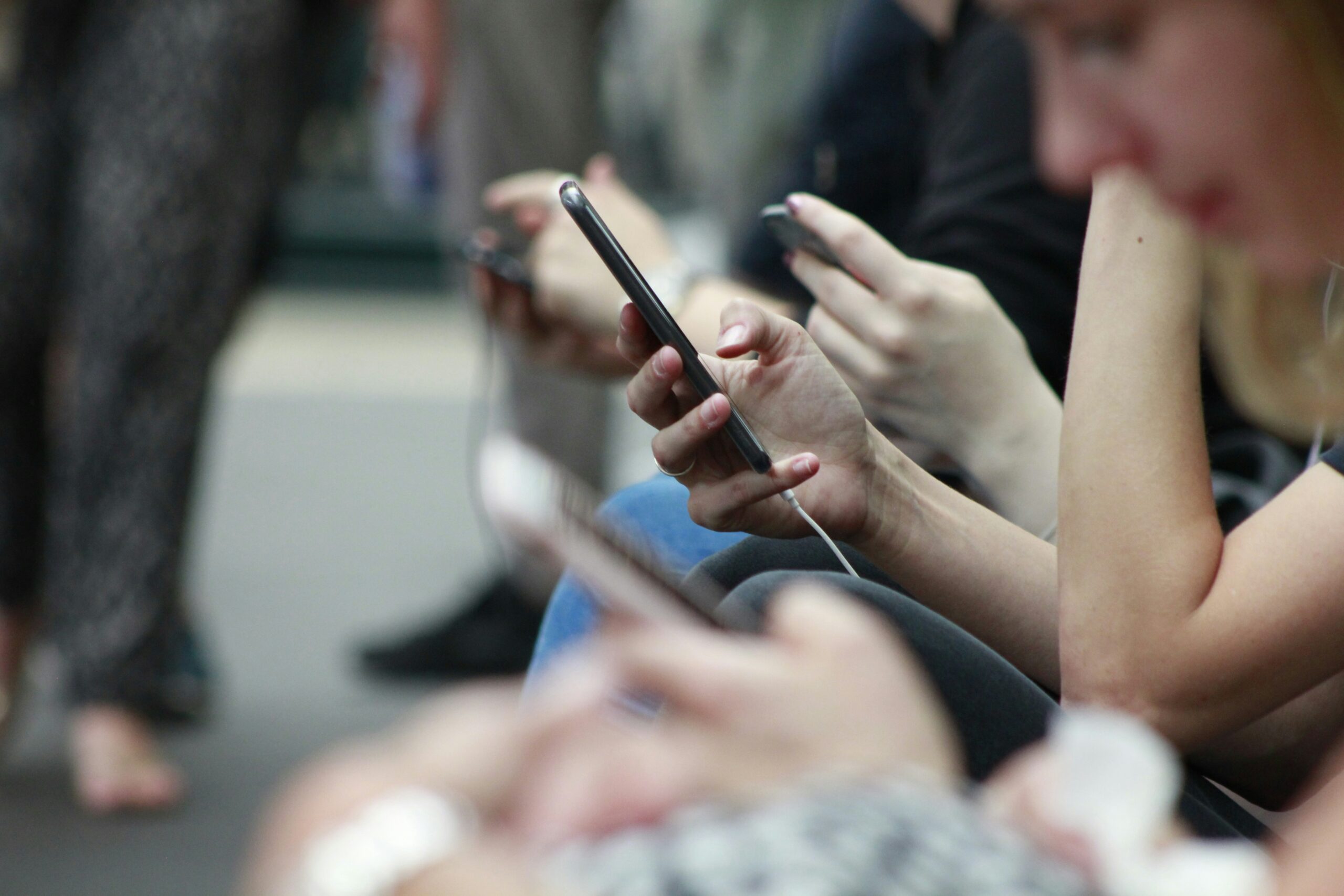
It’s 8:20 am. You’re staring at your phone – again. Just checking the news, or the weather, or replying to a quick message. Maybe scrolling through Instagram or TikTok for something vaguely uplifting. Nothing unusual about that. Except the average adult now spends over six hours a day staring at screens. That’s over 90 full days a year, eyes […]

Introduction We live in a world that moves fast. Too fast. In this relentless pursuit of efficiency, convenience, and productivity which has been turbocharged by technology, something fundamental is slipping through our fingers our ability to truly connect with one another. You know what I mean, the kind of communication that reminds us of our […]